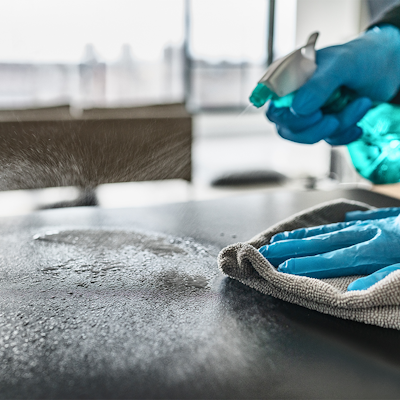Erudus… showcases Fairtrade Certification
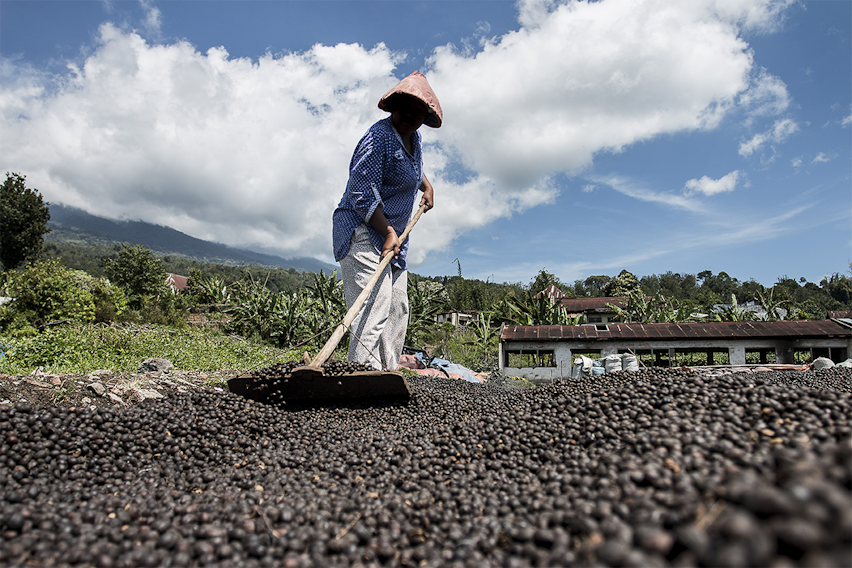
Erudus isn’t just a data platform - it’s an enriched data platform, with over 200 specifications for each product.
One of these attributes is certifications, so users can see which industry certifications a product holds. And in this series we explore the range of certifications you can add to an Erudus product specification, and what they mean.
First up was BRCGS, followed by Red Tractor, British Lion, SALSA, RSPCA Assured and MSC (Marine Stewardship Council) Certified.
This time the spotlight is on Fairtrade…
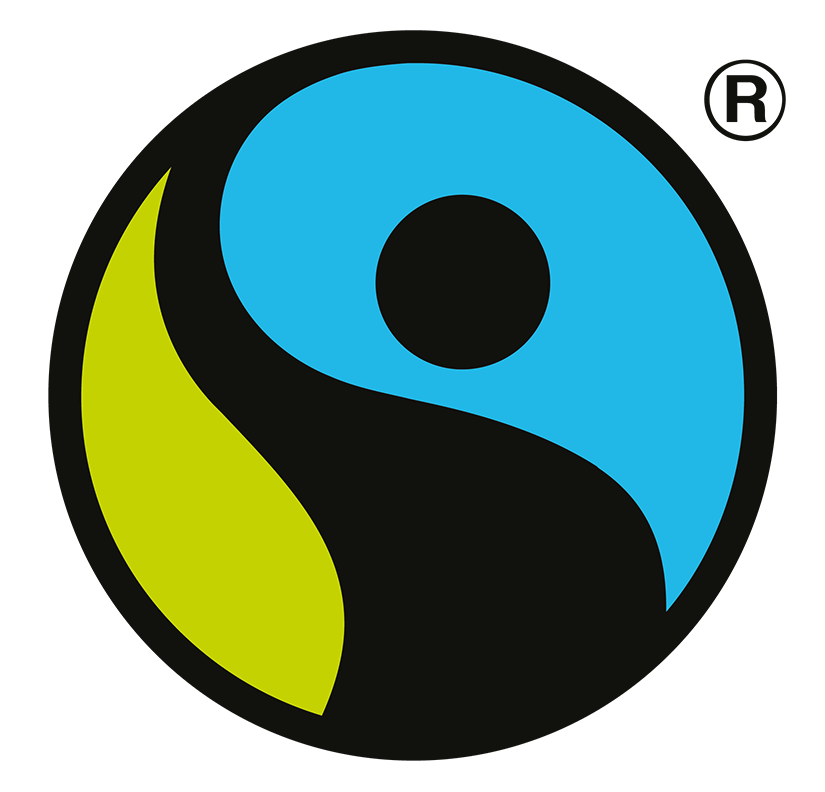
What is Fairtrade certification?
Fairtrade certification is a scheme for which accredited products have met production and/or supply standards set by the Fairtrade organisation.
These standards are focused around workers’ rights (safer working conditions and fair pay), ethical production and sustainability.
What does Fairtrade do?
Fairtrade is a global operation that has been around for over 25 years and exists to make trade fair so that farmers and other producers (and those who work for them) can ‘earn secure and sustainable livelihoods’.
In addition to grassroots work and lobbying for fairer trade deals for those suppliers who need it, Fairtrade also set supply chain standards covering areas such as workers’ rights, climate change, and social and economic impact. Products that meet these standards can display the Fairtrade mark, which indicates to consumers that it has been ethically produced.
Who does Fairtrade certified mean?
If a product is Fairtrade certified it has been independently assessed and declared to have met a set of standards established by Fairtrade. It means that the product has been added to the Fairtrade product register and registered companies can purchase it under Fairtrade terms.
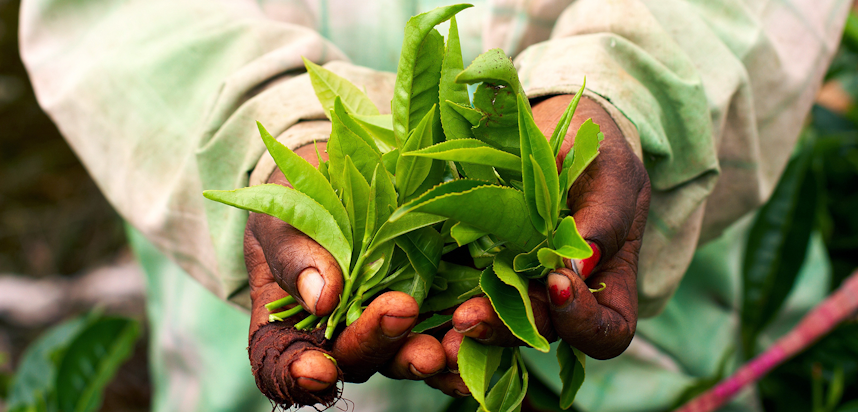
What is the Fairtrade foundation?
The Fairtrade Foundation represents Fairtrade’s presence in the UK. Their work includes:
- Overseeing and licensing the use of the Fairtrade mark in the UK
- Empowering Fairtrade producers to sell to traders and retailers
- Increasing demand for Fairtrade products in the UK
- Raising awareness of the organisation
- Finding new ways to support Fairtrade producer organisations
The Foundation is a registered charity, and was established in 1992 by
- CAFOD
- Christian Aid
- Oxfam
- Traidcraft
- Global Justice Now
- National Federation of Women’s Institutes
The Fairtrade Foundation is who receives the licence fee (covering costs of monitoring and certification) paid by companies using the Fairtrade mark on their products.
What is the Fairtrade mark?
The Fairtrade mark can be used on the packaging of products that have been Fairtrade certified. There are several different types of Fairtrade mark, indicating whether a product has been made using all Fairtrade ingredients, or just one Fairtrade ingredient.
There is the core Fairtrade mark, which the organisation states as being recognised by 93% of UK shoppers.
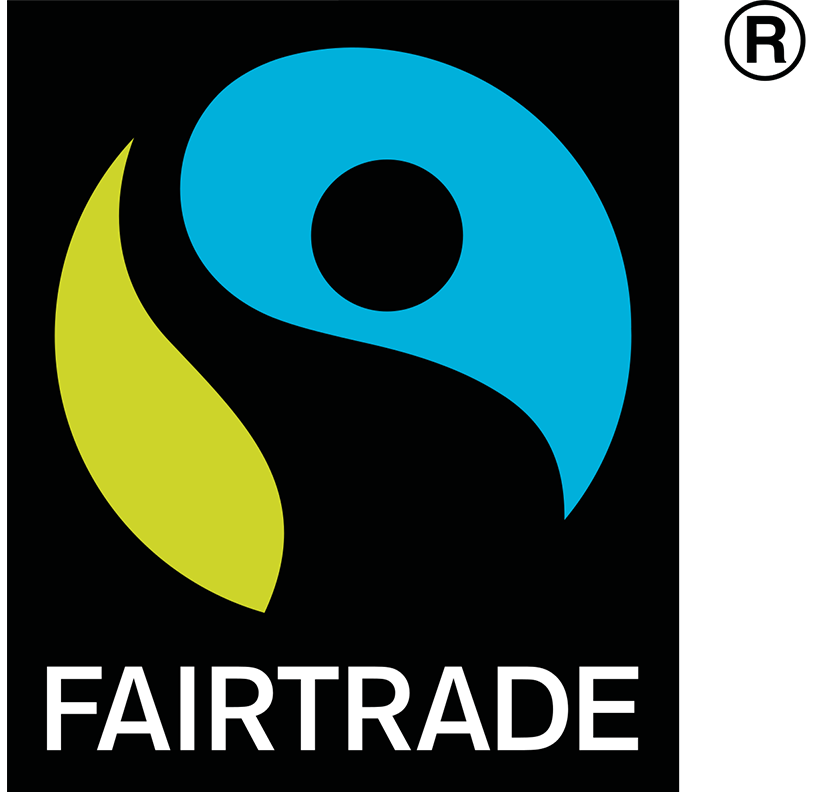
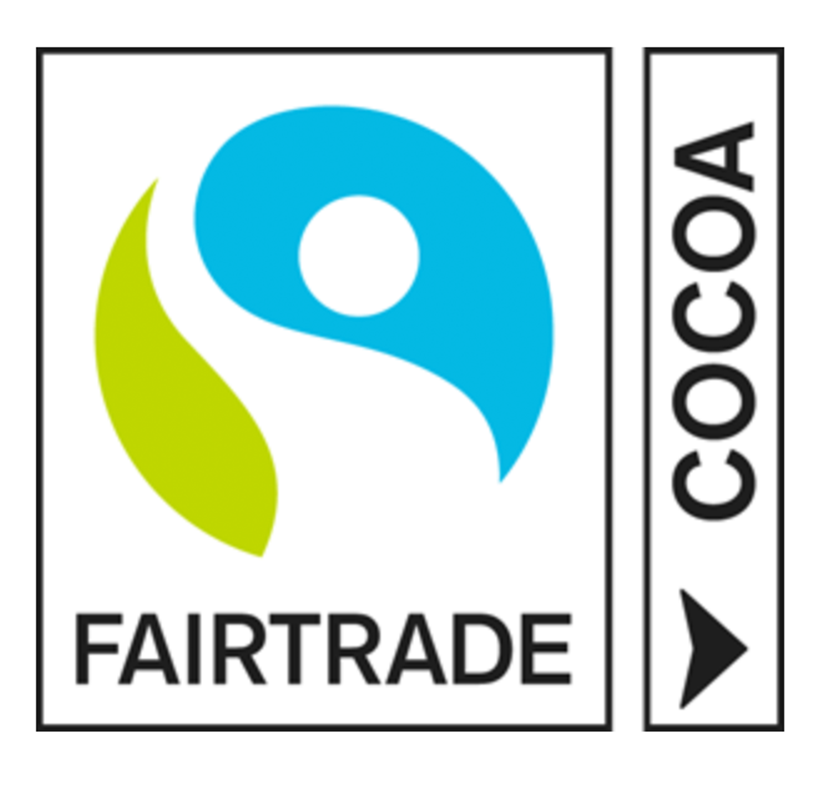
The more recently introduced Fairtrade Sourced Ingredients (FSI) is used ‘for one or two ingredients in a wider range of products (one of which is for cocoa).
For a product to be able to display the Fairtrade mark, Fairtrade standards must be met and a license granted.
Advice on how to do this can be obtained via Fairtrade by telephone on 0203 301 5001, or at commercial@fairtrade.org.uk.
Who do Fairtrade work with?
Fairtrade works with over 1.9 million farmers and workers, working for some 1880 Fairtrade certified producer organisations across 71 countries.
A team of experts offer Fairtrade businesses help in developing sustainable supply chain strategy and resolving challenges within supply chains.
47% of Fairtrade farmers produce coffee.

What are Fairtrade standards?
Fairtrade standards are guidelines that businesses must follow if they want their products to be Fairtrade certified. They incorporate social, environmental and economic factors and are designed with the goal of making trade fair for producers and workers in developing countries.
The standards cover both core and development requirements, and the main Traders standards applies to those buying and selling Fairtrade products and are created with the following underlying principles:
- Transparency
- Fair price
- Fairtrade Premium (this is received by Fairtrade producers to invest in their own development)
- Trading with integrity
- Labour and environment
Fairtrade International requires that all Fairtrade certified traders in addition to the Trader Standard are compliant with national law.
Find out more about Fairtrade trader standards here.
You can read about the full set of Fairtrade standards here.
How do Fairtrade ensure standards are being met?
Fairtrade entrusts the checking and upholding of their standards to FLOCERT, an independent organisation.
They use a third party for certification for several reasons, including the fact that consumers are more trusting of independent adjudication.
FLOCERT performs both announced and unannounced audits for the farmers, workers and businesses that make up the Fairtrade supply chain, and flag any issues so that they can be tackled quickly and responsibly.
Fairtrade is also a member of ISEAL and follows their global sustainability standards.
How do you gain Fairtrade certification?
You can gain Fairtrade certification if you want to ensure your products are responsibly sourced and ethically produced, and intend to create a product with at least one Fairtrade ingredient.
If you’d like to begin the process of getting certified get in touch with Fairtrade via their online form. They will then set up a licensing agreement, your correct Fairtrade mark, and will put you in touch with the appropriate Fairtrade suppliers. You may also need certification from FLOCERT.
Use the Fairtrade portal CONNECT to submit product and packaging information, as well as artwork and marketing materials (such as advertisements, catalogues and in-store imagery). Everything will then be checked and verified by the Fairtrade customer service team. If you have any questions or queries on the subject you can email artwork@fairtrade.org.uk.
What does it cost? If you’re a business who wants to display the Fairtrade mark on a product there are several costs involved. These are the Minimum Price, Fairtrade Premium, Licence Fee and Third Party Certification. Find out more on the Fairtrade for Businesses page.

